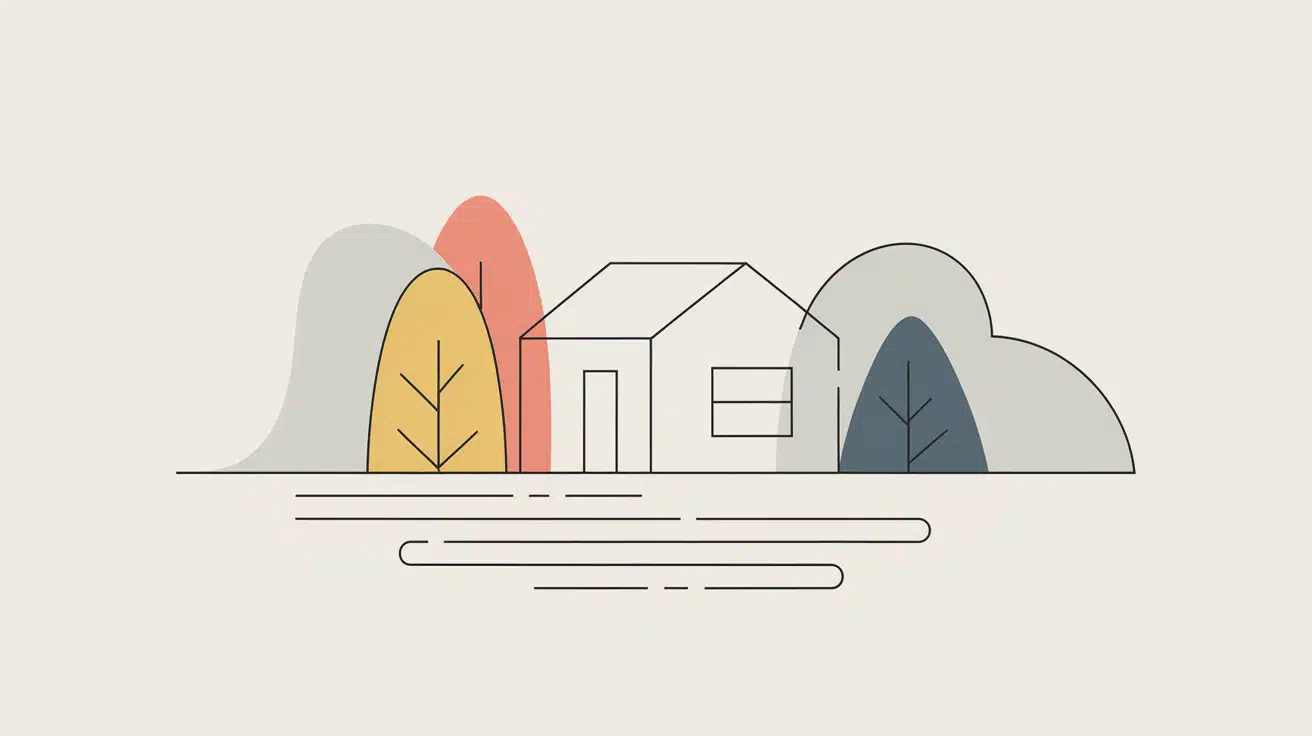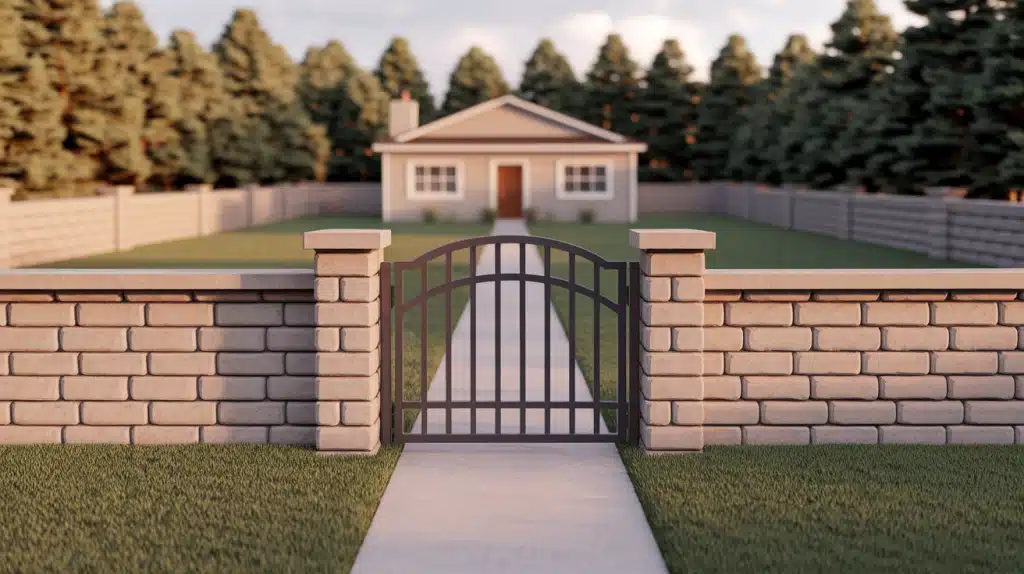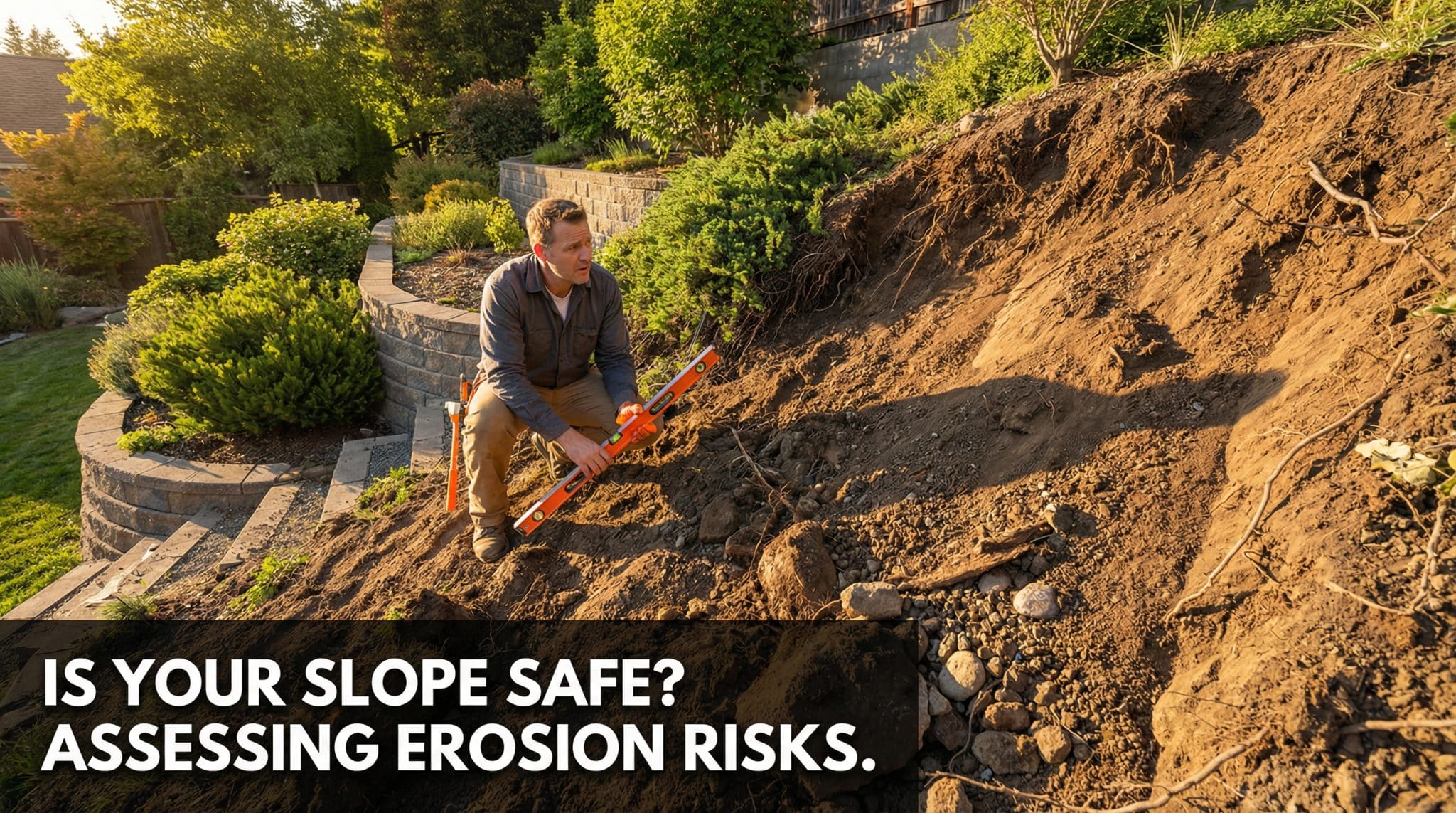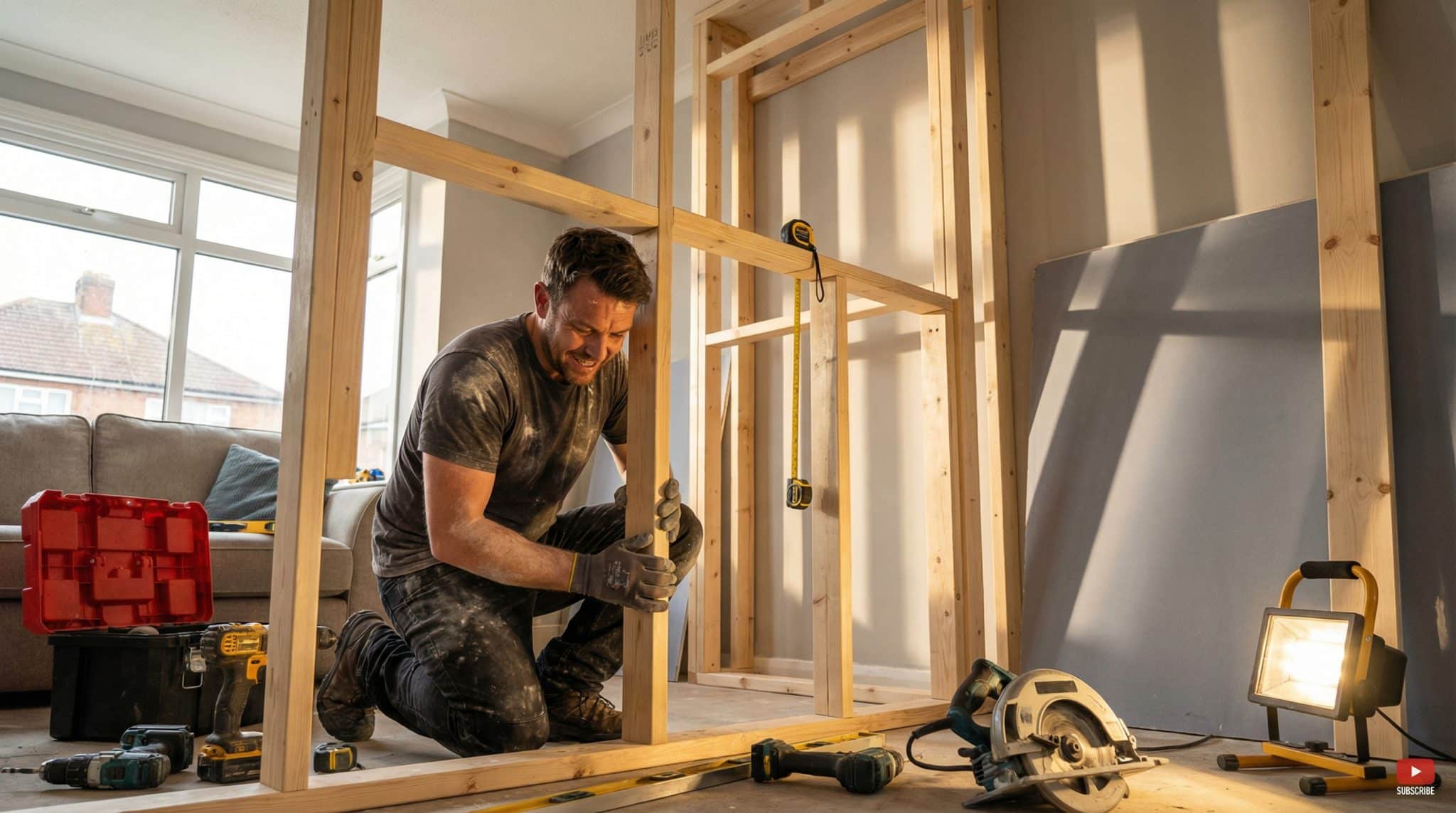Ever wondered why you can’t paint your house neon green or run a business from your garage?
The answer often lies in property covenants, those mysterious legal agreements that come with your home.
Think of them as invisible strings attached to your property that control what you can and can’t do with it.
Whether you’re buying your first home or considering modifications to your current property, understanding covenants is crucial.
These binding agreements affect everything from your fence height to your roof color, and ignoring them can lead to expensive legal headaches.
Don’t worry, though – we’ll break down everything you need to know about property covenants in simple, easy-to-understand terms.
Ready to become a covenant expert?
What Is a Covenant on a Property?
A covenant on a property is a legal agreement that “runs with the land.” It’s essentially a promise or restriction that stays attached to your property, regardless of who owns it.
Think of it as a set of rules that come with your house when you buy it.
These legal obligations serve several vital purposes in real estate:
- Maintain neighborhood standards – Keep property values stable by ensuring consistent development
- Protect surrounding properties – Prevent activities that could negatively impact neighbors
- Create predictability – Give homeowners clear expectations about what’s allowed
You’ll typically find property covenants in several key documents, including title deeds and property records, subdivision plats filed with local authorities, homeowner association bylaws and CC&Rs, or separate recorded agreements between property owners.
When buying a home, your attorney will review these documents to identify any existing covenants that affect how you can use your property.
Types of Property Covenants

Property covenants fall into different categories based on what they require or restrict. Comprehending these types helps you know what to expect when dealing with covenant obligations.
1. Positive Covenants
Positive covenants require property owners to take specific actions or maintain particular standards. These obligations typically involve ongoing responsibilities that benefit the neighborhood or surrounding properties.
Typical positive covenants include maintaining shared fences, keeping lawns mowed to specific standards, contributing to the upkeep of communal areas, and preserving certain architectural features.
While these covenants create ongoing responsibilities, they often help maintain property values and neighborhood appeal.
2. Restrictive Covenants
Restrictive covenants prohibit property owners from engaging in certain activities with their land.
These limitations are designed to protect the character of an area and prevent activities that might negatively impact neighboring properties.
Typical restrictive covenants include prohibitions on building extensions above certain heights, operating businesses from residential properties, keeping specific types of animals, or making certain exterior modifications.
These restrictions help ensure neighborhoods maintain their intended character and use.
Are Property Covenants Enforceable?
Property covenants are legally binding obligations that can be enforced through the courts. For a covenant to be legally valid, it must be clearly written and recorded in official property documents.
The covenant should provide a clear benefit to the enforcing party, be reasonable, and directly relate to the use or enjoyment of the property rather than personal obligations.
Several parties have the authority to enforce property covenants:
- Neighboring property owners who benefit from the covenant
- Original developers or their successors
- Local councils for public safety matters
- Homeowner associations with enforcement powers in their governing documents
However, property covenants have legal limitations. They cannot discriminate based on protected characteristics, such as race or religion, or prohibit legal property uses altogether, or override local zoning laws.
Courts may also refuse to enforce covenants that are obsolete or no longer serve their original purpose due to changed neighborhood conditions.
What Happens If You Break a Covenant?
Breaking a property covenant isn’t just a minor oversight – it can trigger a chain of events that affect your property ownership experience.
The severity of the consequences often depends on the type of violation, how long it has been ongoing, and whether you attempt to remedy the situation voluntarily.
| Aspect | Details | Impact |
|---|---|---|
| Legal Consequences | Court injunctions, mandatory compliance orders | Property use restrictions, forced modifications |
| Financial Penalties | Legal fees, compensation payments, and restoration costs | Can range from hundreds to thousands of dollars |
| Reputational Effects | Neighborhood disputes, HOA conflicts | Strained community relationships, future sale difficulties |
| Discovery Methods | Neighbor complaints, HOA inspections, and property surveys | Violations rarely stay hidden for long |
| Resolution Options | Negotiation, mediation, legal proceedings | Success depends on the willingness to cooperate |
The enforcement process begins when someone notices and reports the violation.
Homeowner associations often have regular inspection schedules. Neighbors may report apparent breaches, such as unauthorized structures or business activities.
Professional surveys conducted during property transactions often reveal historical violations that previous owners may have overlooked.
Most covenant disputes can be resolved through direct communication. Reasonable faith efforts to fix the problem usually work.
However, ignoring initial warnings or refusing to cooperate can escalate situations quickly. The key is addressing violations promptly. Working collaboratively with the enforcing party helps find reasonable solutions.
Can Property Covenants Be Changed or Removed?
Property covenants aren’t set in stone forever. While they’re designed to be permanent, legal processes are available to modify or completely remove them when circumstances change.
The complexity and cost of these processes often depend on who benefits from the covenant and whether they agree to the changes.
The voluntary process is typically faster and less expensive. If all parties who benefit from the covenant agree to modify or remove it, you’ll need to prepare legal documentation and file it with the appropriate land registry.
This usually involves a deed of release or variation that all beneficiaries must sign.
When beneficiary consent cannot be obtained, you can apply to a land tribunal or court. The tribunal will consider factors such as whether the covenant still serves its original purpose, whether it’s causing unreasonable hardship, and how removal might affect neighboring properties.
This process involves legal fees, tribunal hearings, and can take several months to complete. Success isn’t guaranteed, as tribunals carefully weigh the interests of all parties involved.
Conclusion
Comprehending property covenants doesn’t have to be overwhelming.
These legal agreements are simply part of responsible property ownership, designed to protect everyone’s interests and maintain neighborhood standards.
Whether you’re dealing with positive covenants that require maintenance or restrictive ones that limit certain activities, knowing your obligations helps you avoid costly surprises.
Remember, most covenant issues can be resolved through open communication and cooperation.
If you’re unsure about any restrictions on your property or facing a covenant dispute, don’t wait until it escalates.
Contact a qualified property attorney today to review your specific situation and explore your options. Your home is likely your most significant investment – protect it by staying informed about the covenants that affect it.















